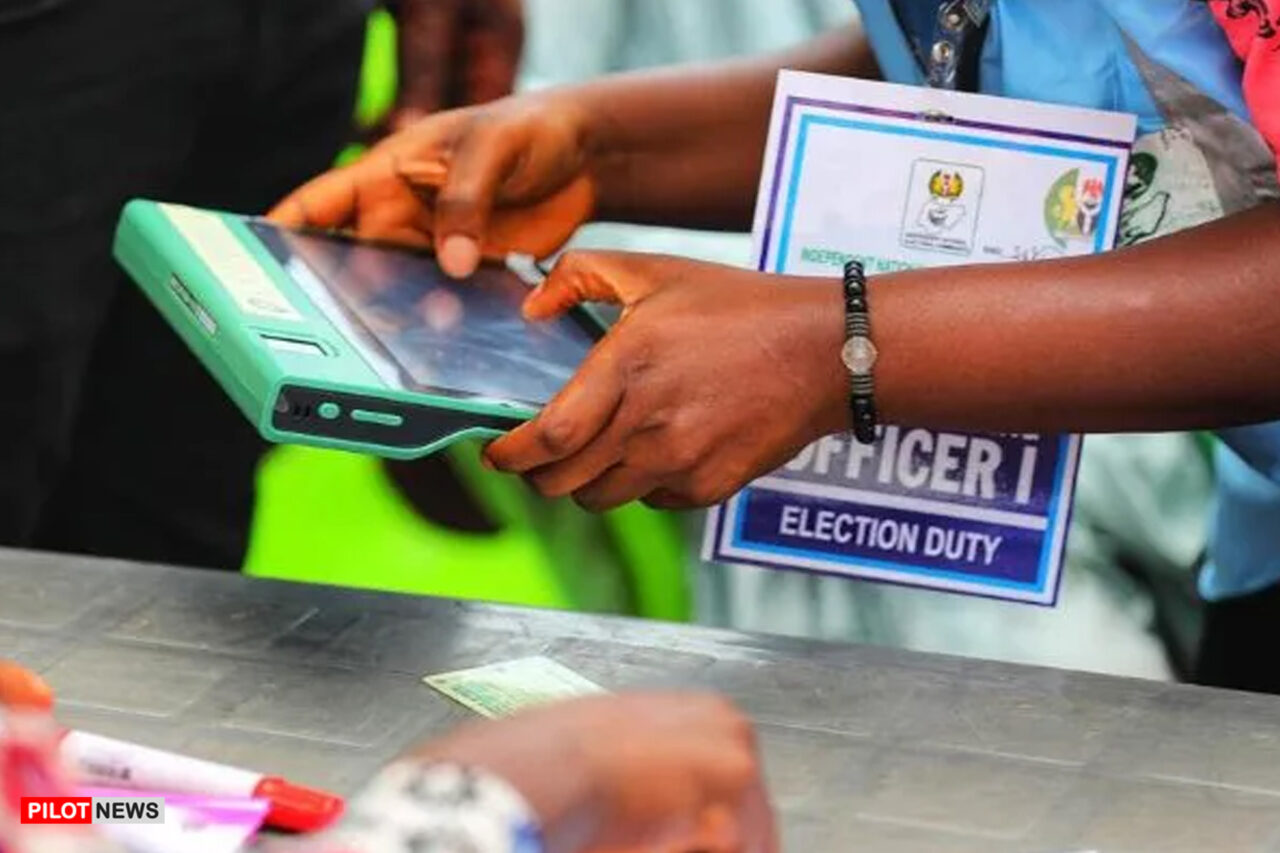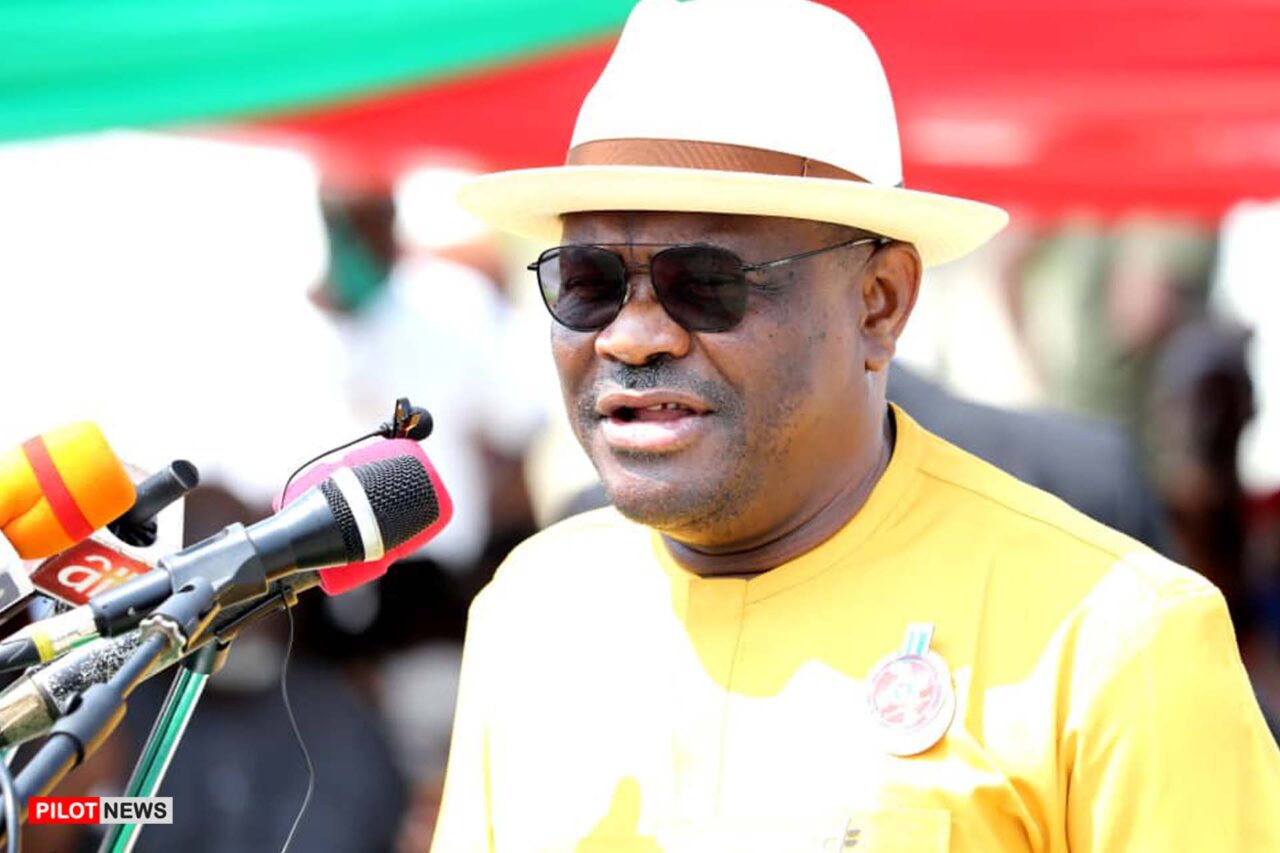By Prof. Felix Akpan
The BVAS machine has become their albatross. Its introduction has put an end to ballot box snatching, multiple thump printing, and voting without accreditation, which was the proble’matique of our previous elections in the country.
The recent political appointments made by Governor Wike of Rivers State have attracted a lot of interest and interrogation from different people across the political divide, within and outside of his State. But the Governor seems unperturbed by such gossip. He is more focused on the squabbles rocking his party at the national level, which he orchestrated after losing the PDP’s presidential primary election. During a media pally with journalists on national television, while trying to rationalize his appointments-of 50,000 Political Advisors and 319 Liaison Officers, he announced that he has increased the number of appointees to 100,000 to the astonishment of all. He justified his actions on job creation for his people and emphatically told the audience that his government can pick their wage bills. However, he bluntly refused to disclose publicly how much they would earn.
What is even more intriguing is the job description of the appointees, which according to him includes information gathering to enable him to gauge what the people think of his administration and other sundry administrative duties. But from my investigation, it would appear that he is being economical with the truth because their job description goes beyond information gathering. It also includes winning souls and votes for his political party in the 2023 general election. In this dialogue, I will explicate how he intends to use his appointees for that political evangelism in his state.
The just concluded gubernatorial election in Osun State and the controversy it generated about overvoting and cancellation of the results in some polling units provide us with a succinct, fertile background on why crooked politicians all over the country are having sleepless nights, especially those who previously returned humongous votes in the presidential elections in their states. Consequently, they are trying to devise ways of circumventing the BVAS machine in the 2023 general elections to replicate or surpass their previous records.

The BVAS machine has become their albatross. Its introduction has put an end to ballot box snatching, multiple thump printing, and voting without accreditation, which was the proble’matique of our previous elections in the country. It is incontrovertible that most governors were the conductors of such repugnant orchestras in our democratic process with the collusion of security agents.
The 2022 Electoral Act recognizes the BVAS as the only means of accreditation. To eliminate manipulation at the polling unit, the Act makes it mandatory for the results of the ballot cast in every polling unit to tally with the numbers of people accredited through the BVAS for it to be accepted as valid. If it doesn’t tally, the results of such a polling unit stand canceled. That is the major issue before the Osun State Electoral Tribunal.
From my study, Governor Ayade of Cross River State didn’t introduce the use of political appointees ( aka Food on the Table Appointment) as a tool for manipulating the electoral process, as some analysts speculate, but he is credited to be the first to employ 10, 000 political appointees in the country. From what I can deduce from available data, the appointment was meant to create jobs and deepen the loyalty of his Party’s supporters.
Anyone familiar with the politics of Cross River State will recall with nostalgia how Governor Ayade before his second term election in 2019 appointed over 10,000 people into various positions and created new positions that were not statutorily provided for by the State statute. He won his reelection with a wide margin despite the odds against him then, and the appointees played several roles in that election akin to what political structures do for their party in an election.
Undoubtedly, it would seem that his victory at the 2019 polls using that number of appointees to tinge the process in his favor motivated its adoption as a tool for shadowing the BVAS machine in the next election. In this regard, Governor Ayade has recently increased the number of his appointees to a figure above the 2019 statistics. That was before Governor Wike and other governors who are doing the same clandestinely. I will use Rivers State to illustrate how they intend to use the method in the 2023 general election.
The essence of having such a huge number of appointees is to create a blockchain of voters around every polling unit at the ward level. The appointees will be the head of each blockchain in their respective wards. Their primary responsibility is to recruit potential voters who may or may not be members of the Party, but they have PVC to vote in the election. The kind of people these blockheads will target for recruitment are family members, friends, associates, and those who are less endowed economically. Once they are recruited, the blockheads will quickly baptize them with financial inducements to secure their loyalty and assure them of continuous support if the Party wins the 2023 election. The blockheads keep and manage the record of members of the blockchain and constantly and continually accept new members recruited by other members. The intrinsic value of the method is that those recruited may not like the candidate or the Party, but they will still vote for either because they want to maintain the relationship with the head of the blockchain so that when life goes south for them, they have someone to run to.

We have 23 LGs, 319 wards, and 4442 polling units in Rivers State. If you divide 100,000 appointees by 319 wards and 4442 polling units that will give you 313 persons per ward and 22 persons per polling unit. If you juxtapose that against the number of registered voters per polling unit, which consists of 500 or 750 registered voters, the obvious impact becomes more visible. If each of the 22 has 20 members that would translate into 440 bankable votes before the election. This doesn’t include the number of voters the Party’s regular political structures and candidates contesting the gubernatorial, state, and National Assembly elections would attract through their efforts. What this portends is that the election is already being rigged before the commencement of the polls. It is against this background that Governor Wike and others can boastfully claim that their people would vote exactly the way they advise them to or why they insist that elections are not won on social media.
For those of you who are planning to take back the country from the ruling APC, if you do not find a creative way of engaging in political evangelism at the grassroots rather than marching in the streets and trolling your opponents on social media, I can assure you guys that the only thing you would take back effortlessly is your PVC, after performing your civil responsibility at the polling units.
Regrettably, the 2022 Electoral Act didn’t envisage this kind of sophisticated rigging ingenuity in our electoral process-The use of political appointees to manipulate the electoral process using public funds. This would be a mortal threat to free and fair elections in the country come 2023. It’s undemocratic and unfair to use public funds in this manner. This is why I decided to have this conversation on the issue publicly to provoke debates about ways of addressing the issue before it becomes endemic in our political system. if we must deepen our democracy.
Therefore, apart from political education, there is nothing INEC and Civil Society Organizations can do to assist the political parties that are likely to be outwitted with this noxious strategy in the next general elections.
In the circumstances, the only thing I think the collateral victims can do is to take solace in the idiomatic expression that, “all is fair in love and war”; and by extension in politics too because if those who would be negatively impacted have the opportunity, I doubt if they would hesitate to use it. That’s our current reality but by no means a justification for the imminent surreptitious, outrageous scheme.
*Dr. Felix Akpan is a professor of political science at the University of Calabar. He specializes in public administration.


